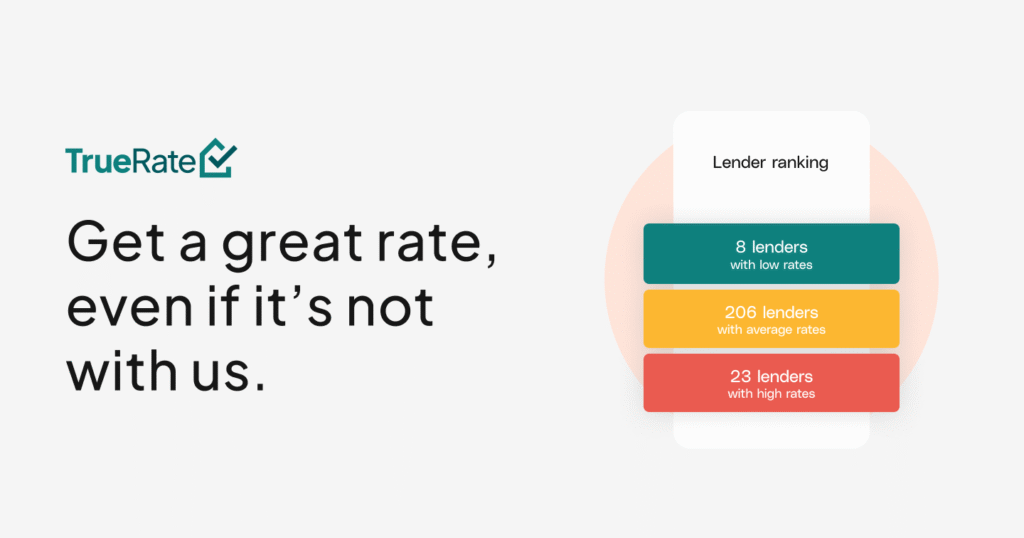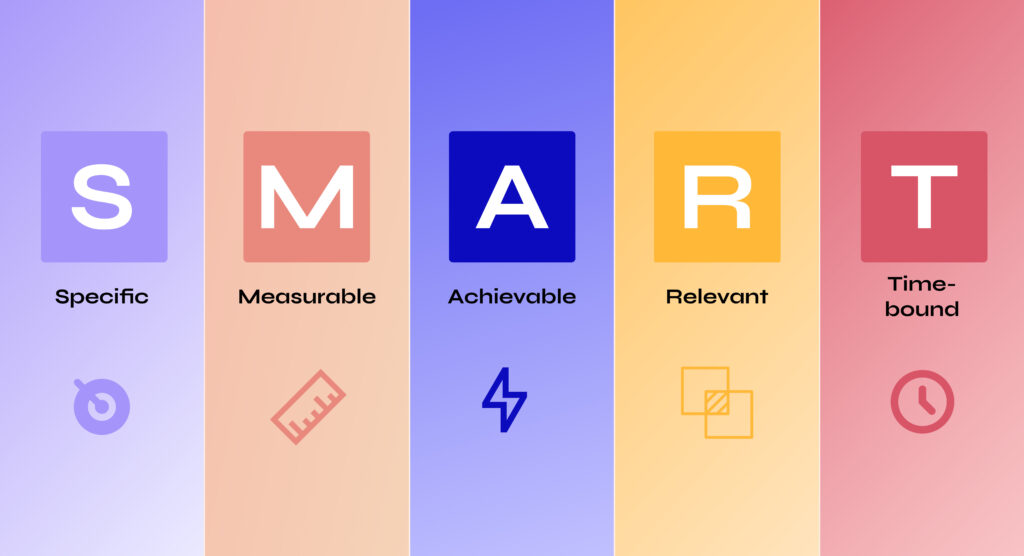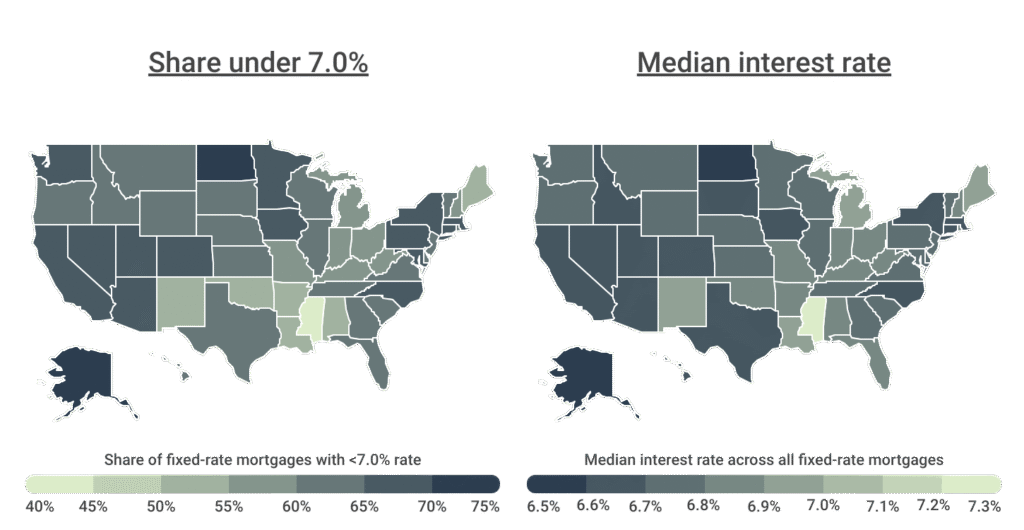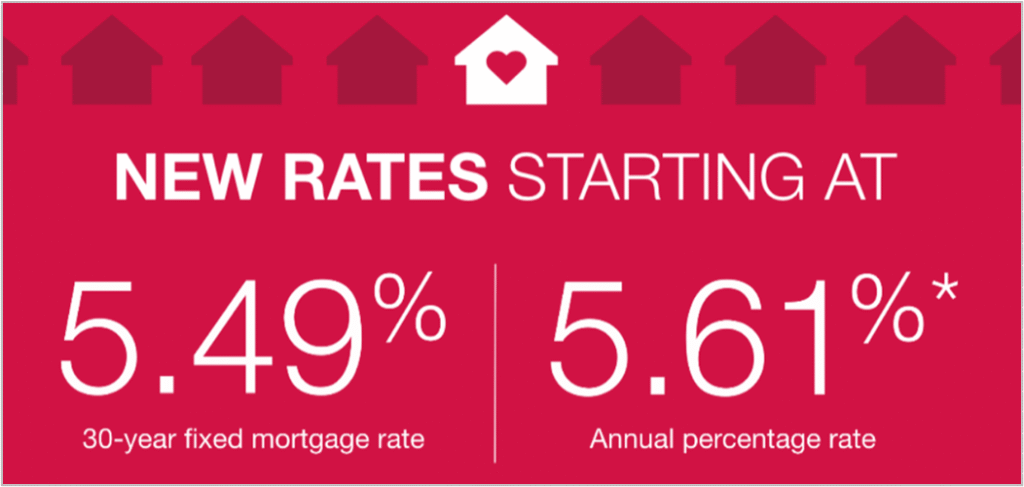If you’re looking to buy a home in Connecticut, securing the lowest mortgage rate can make a significant difference in your monthly payments and long-term costs. With interest rates fluctuating regularly, it’s essential to understand the factors that influence mortgage rates and how you can take advantage of the best deals available. Here’s a guide to help you navigate the process and find the lowest mortgage rates in Connecticut.
Why Mortgage Rates Matter
Mortgage rates determine the interest you’ll pay on your home loan over time. Even a small difference in rates can add up to thousands of dollars in savings or extra costs over the life of a 15- or 30-year mortgage. For example, a rate difference of just 0.5% on a $300,000 loan can mean saving or spending an additional $30,000 over 30 years. That’s why locking in a low mortgage rate is critical for budget-conscious homebuyers.

Current Mortgage Rate Trends in Connecticut
Connecticut’s housing market is diverse, offering everything from coastal properties to suburban homes. As of now, mortgage rates in Connecticut are competitive, but they can vary depending on the lender, loan type, and your financial profile. It’s a good idea to monitor market trends and act when rates are favorable.
Factors That Impact Mortgage Rates
Several factors influence the mortgage rate you qualify for, including:
- Credit Score: A higher credit score typically means lower rates. Aim for a score of at least 700 to secure competitive rates, though some lenders offer options for borrowers with lower scores.
- Down Payment: A larger down payment can lower your interest rate and potentially eliminate private mortgage insurance (PMI).
- Loan Type and Term: Fixed-rate loans often have higher rates than adjustable-rate mortgages (ARMs), but they offer stability. Shorter-term loans generally have lower rates than 30-year mortgages.
- Debt-to-Income Ratio (DTI): Lenders consider your ability to repay the loan. A lower DTI ratio can result in better rates.
- Economic Conditions: Nationwide and local economic trends, including inflation and Federal Reserve policies, also play a role in determining mortgage rates.
Tips for Securing the Lowest Mortgage Rates in Connecticut
- Shop Around: Don’t settle for the first rate you’re offered. Get quotes from multiple lenders, including banks, credit unions, and online mortgage companies.
- Improve Your Credit: Pay down debts, avoid taking on new loans, and correct any errors on your credit report to boost your credit score.
- Compare Loan Options: Investigate fixed-rate, adjustable-rate, and government-backed loans (like FHA or VA loans) to find the best fit for your financial situation.
- Lock in Your Rate: Once you find a favorable rate, consider locking it in to protect against potential increases before closing.
- Work with a Mortgage Broker: Brokers can help you navigate the process and may have access to exclusive deals from multiple lenders.
Connecticut-Specific Programs to Explore
Connecticut offers several programs to help homebuyers, such as:
- CHFA Loans: The Connecticut Housing Finance Authority (CHFA) provides low-interest loans and down payment assistance for first-time homebuyers and eligible veterans.
- Energy-Efficient Mortgages: Connecticut residents may qualify for loans that include financing for energy-efficient home improvements, which can reduce long-term utility costs.
Final Thoughts
Finding the lowest mortgage rates in Connecticut requires a combination of research, preparation, and timing. By understanding the factors that influence rates and exploring your options, you can make a well-informed decision and save money over the life of your loan. Whether you’re buying your first home or upgrading to your dream property, a low mortgage rate can help you achieve your goals while staying within your budget.
Start your journey by comparing rates today and taking steps to improve your financial profile. With the right strategy, you’ll be well on your way to owning a home in the beautiful state of Connecticut.



